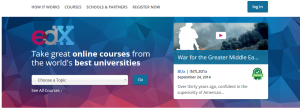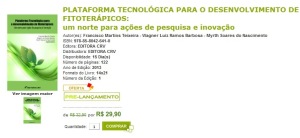 Hello again! Topic 4 was a great opportunity to share our impressions about Gilly Salmon’s five-step model allowing us to discuss some important prerequisites for digital literacy or knowledge construction with attention to online socialization and information exchange. Using Padlet tool we uncover the 5-Stage model of Teaching and Learning Online in each Topic learned until that moment:
Hello again! Topic 4 was a great opportunity to share our impressions about Gilly Salmon’s five-step model allowing us to discuss some important prerequisites for digital literacy or knowledge construction with attention to online socialization and information exchange. Using Padlet tool we uncover the 5-Stage model of Teaching and Learning Online in each Topic learned until that moment:
http://www.gillysalmon.com/five-stage-model.html
- Access and motivation – Social networking apps were cited as a great strategy for this stage, Tweetchats and Padlets ahead of the webinars worked well to stimulate empathy and collaboration;
- Online Socialization – Synchronous meetings were crucial for our group. The feeling of belong to a community help to be motivated and committed with the activities and the course as a whole;
- Information Exchange – Here some tools as Coggle, Padlet and Zoom meetings were used as example to achieve a degree of collaboration, anyway it is important to keep in our mind the differences observed in relation to be more comfortable with some subjects that we are more familiar when compared with others not so familiar for the group, characterizing a feeling that allow to us become as a mindset digital literacy resident or visitor with the characteristics of someone confident, cognitive, critical and civic;
- Knowledge Construction – Here the interaction become much more collaborative, blog has an important role showing the individual constructed knowledge, the opportunity to discuss the material shared by the ONL designers and facilitators is critical because we can work together looking for answers and sharing our findings in PBL-work;
- Development or Review – Finally in this stage “students are comfortable collaborating and cooperating, being responsible for their own learning and that of the group”. So, you can comment on other blog posts and answer to comments. The feedback of the facilitators is always welcome to understandings on the subjects. Preview experience can take part of the process contributing to confidence in the use of acquired knowledge.






